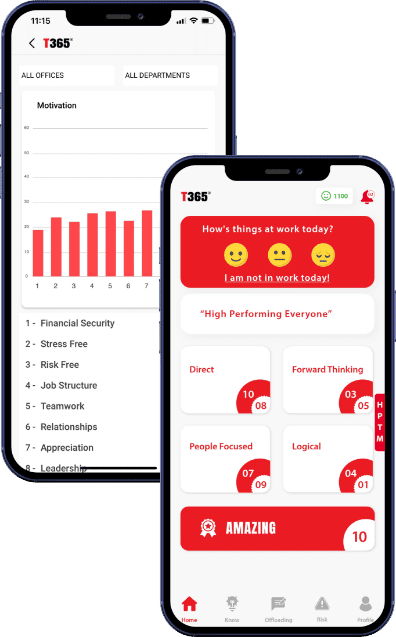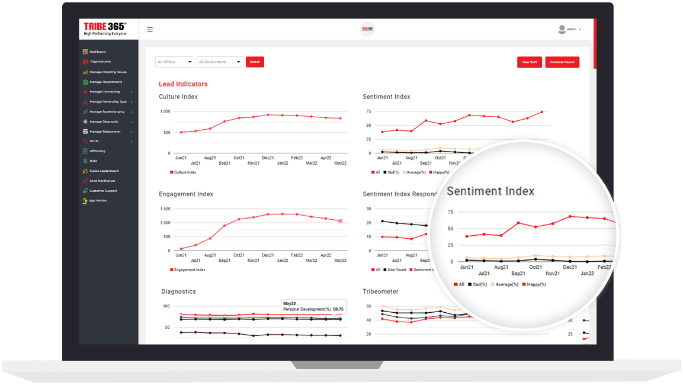Getting people doing things they don’t want to
Do we want people doing things they don’t want to do?
Really?
Have you ever found yourself saying “This is the third time I’ve told you” (or any variation on this theme)? Parents, carers and teachers often have to repeat phrases like this over and over again when dealing with children, right? Or maybe you find yourself saying it to work colleagues, partners, suppliers, your relatives, anyone?
The bottom line is that if you have to iron out or establish what needs to happen more than once, something has gone wrong. Yep, wrong.
Why We Develop Positive Habits
The simple fact of the matter is that when we believe in things, we do them, no matter what. They become a habit.
Just think there for a while.
You’ll have something that you sincerely believe in and it’s worked its way into your life far more easily than other things have – and it’s potentially something that you smash every day. Can’t think of anything?
OK, if you can’t think of an example, think of the way you get ready in the morning.
If it was just about being dressed and leaving, you’d shove on what you had on the day before and it’d be ‘job done, out the door’ in five seconds, right? I’m guessing you don’t do that, do you? So why do you do more than that?

It could be “I wear fresh clothes so people don’t have an adverse reaction when they come near me. This gives me greater confidence in my interactions and a better chance of getting the best results out of those interactions…”. And you could go further. But do you get the idea a little?
You may have started thinking about how you get ready and why you do it, and realisations started happening. Hopefully, you can recognise that the greater your belief in a potential outcome, the more you apply yourself. That confidence from smelling nicer and looking less crumpled may lead to job promotion, better friendships, a healthier sense of self – and the greater your belief in doing what you think is going to create a positive outcome, the more you apply yourself. Does that make sense?
The moment you start believing in the things you are doing, the greater you apply yourselves to them. And, you know what, we might even start thinking laterally e.g. “Oh, I could have a shower too or apply some deodorant…”. We start firing up. What do you think?
Do You Want People Doing Things They Don’t Want To Do?
So, hopefully you’re still with me.
The next part comes back to the question – do you really want people doing things they don’t want to do?
Historically, it’s the way we’ve all applied leadership and governance around companies – convincing people to take on tasks they aren’t comfortable with, setting up measures to minimise rest breaks, forcing people into performance. Do you still think it’s the best way?
I hope, just from the example detailed earlier in this blog, that if you were forced to get ready in a certain way and never understood it, you probably wouldn’t perform the task of getting ready each day as well as you do now – and probably even skip corners just because it felt better that way. Right?
The next part comes back to the question – do you want people doing things they don’t want them to do?
So, what is the right way?
The honest answer is to first start with understanding why we need something done.
Helping People Understand Why Something Needs To Be Done
Let’s go to how we potentially interact with more inexperienced people (could be children, could be teammates or people you manage).
We’re conditioned to go about our interactions in a default (possibly dictatorial or patronising) way, aren’t we? And that way can often be ineffective or even lead to resistance or conflict, can’t it? But we do it because that’s the way these interactions have always worked.
So why not change that a little. Start from the basis of ‘why’ of helping them understand and see for themselves why the thing that you need them to do is. Try it. See what happens. You’ll be amazed.
We have too much great evidence supporting this approach for it to be overlooked.
If you want to take it further, try using the tools and methodology on our HPTM® page

Interested in finding out more?
Book a meeting in with the Tribe team
today on +44 (0) 1325734847 or at
team@tribe365.co

















